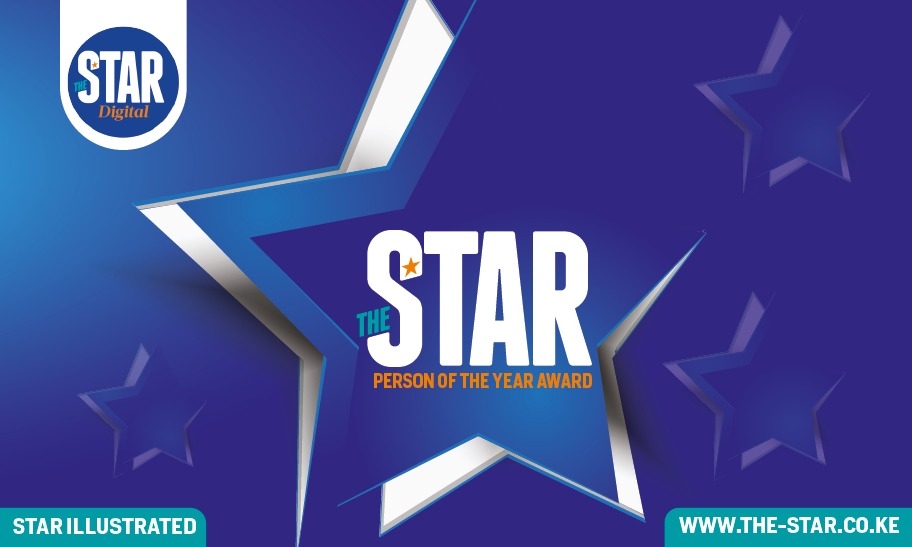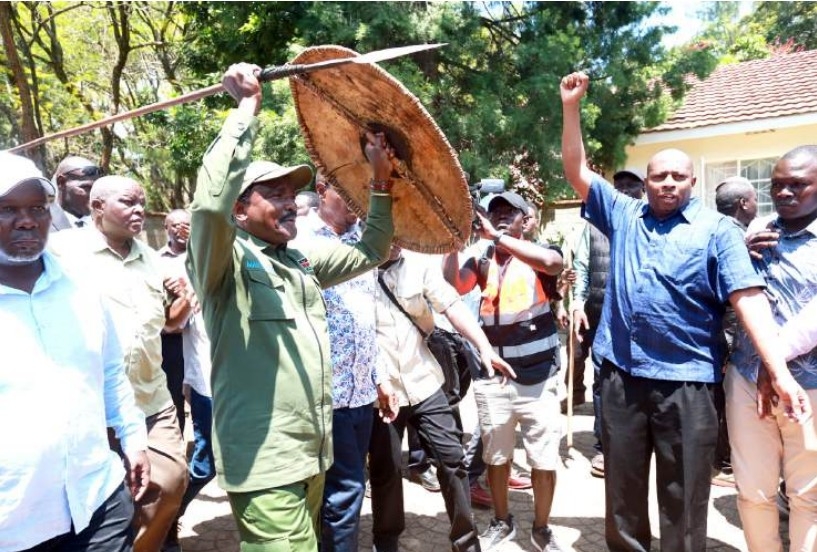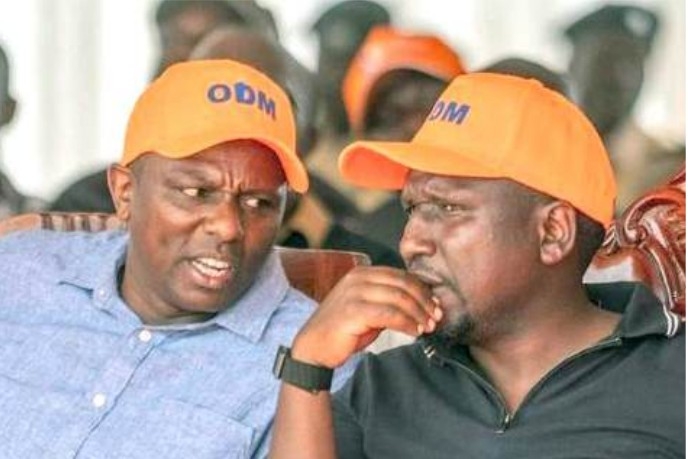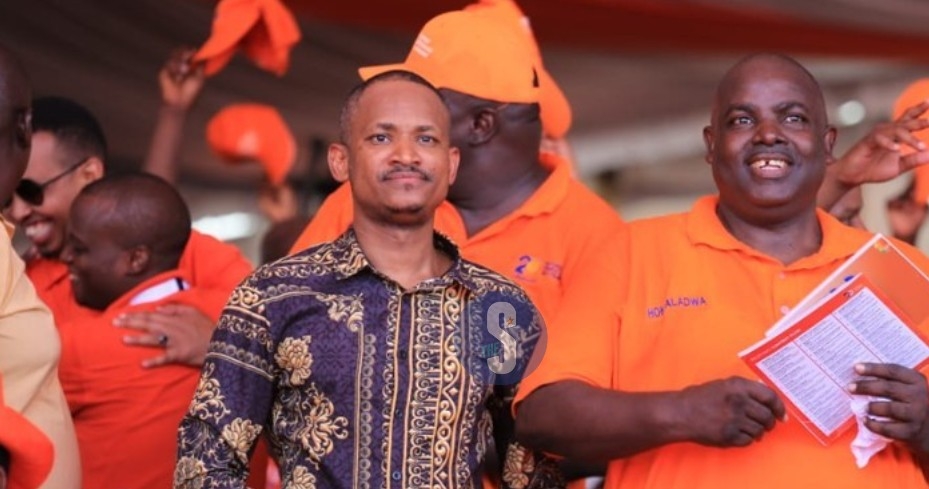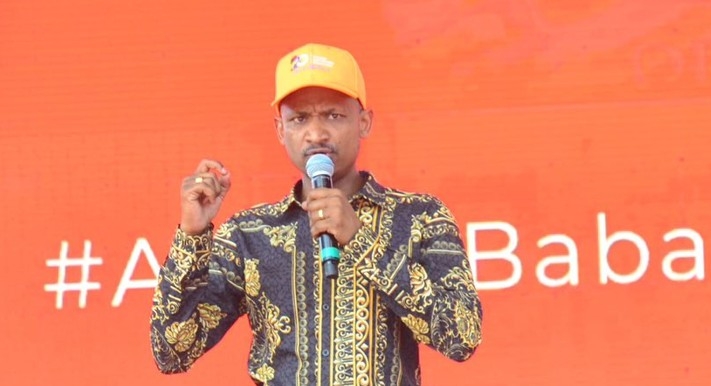In 2002, Tom Musili and his partners established Computer for Schools Kenya, a charitable organisation. Its mission: equipping as many schools as possible with computers.
But the success of the venture resulted in a new problem: as time passed, it became evident that there was a growing issue with the disposal of old computers.
"Due to first-time use inexperience and genuine breakdowns, we were having hundreds of computers lying in schools dead and obsolete," Musili said.
The issue of e-waste is prevalent throughout Kenya and in many other African countries.
Due to a rapidly growing youth population, the region is developing a fast-growing demand for and consumption of electronic devices.
The International Data Corporation's Worldwide Quarterly Smart Home Device Tracker indicates that Kenya's smart home devices market experienced a remarkable year-on-year increase of more than 15 per cent in 2022.
However, this surge in technological advancement comes with a significant downside: the mounting challenge of e-waste.
These circumstances led Musili to start an initiative in 2012 that has now grown into the Waste Electrical and Electronic Equipment Centre (WEEE Centre), a social enterprise dedicated to e-waste management.
Located in Utawala Area, just 6km outside the capital city of Nairobi, the centre stands out for its focused approach to reusing, recycling and safely disposing of electronic waste.
"The centre does safe disposal of electronic wastes, secure data destruction, comprehensive training and awareness, among other relative functions," Musili said.
The facility, built from configured shipping containers, houses offices, workshops and storage spaces, is all geared towards handling the vast quantities of electrical waste that pass through its doors.
With expertise in managing small IT waste, equipment of varying sizes, lamps, screens and other related electronic equipment, the WEEE Centre has become a vital hub for responsible e-waste management in the region.
As Musili explains, the facility takes pride in its well-established systems for transferring e-waste from households to the facility.
Collaborations with private companies Safaricom, Total Energies gas stations and Carrefour stores have enabled the establishment of more than 100 drop-off points across the country.
Furthermore, roaming trucks actively engage with communities, collecting e-waste and spreading awareness.
The centre also actively seeks out schools, corporations and organisations harbouring electronic waste, aiming to alleviate the health hazards and environmental damage caused by improperly handling outdated electronics.
WASTE MANAGEMENT
A visit to the WEEE Centre workshop offers a first-hand glimpse into the intricate processes that electronic waste undergoes.
The centre's team of experts, predominantly youthful technicians, dismantle electronics with meticulous care, distinguishing each unique component.
Prioritising reuse whenever possible, the WEEE Centre ensures that any salvageable parts are channelled into the reuse value chain.
This commitment to refurbishment and reuse extends to the centre's lithium battery facility, where thousands of solar batteries are expertly refurbished and recharged before being reintroduced to the market.
Through collaborative efforts with partners, the WEEE Centre has transformed stripped cables and CRTs into sustainable building blocks and fencing poles, showcasing its commitment to innovation and environmentally conscious practices.
"We have recycled more than 12,000 tonnes of e-waste, saving the world in our small way from the adverse health and environmental risks associated with this type of waste," Musili said.
Amidst the clamour of roaring machines and meticulous e-waste dismantling, a different yet equally vital programme thrives — a transformative education initiative.
Nestled within the facility's core, an in-house resource centre becomes a haven of knowledge, transcending waste management. Here, computer literacy programmes flourish, empowering individuals with the technological prowess to shape a brighter future.
"We have trained more than 3,000 young people on computer literacy and minor IT skills, with the primary goal of imparting knowledge so that we increase electronic use, especially computer efficiency," Musili said.
But the centre's dedication to education knows no bounds. Beyond its walls, the DigiTruck, a mobile unit teeming with computer systems, takes computer lessons into the streets and residential areas.
For the dedicated staff of more than 1,000 individuals, many of them young and passionate about their work, the WEEE Centre has become not only a source of livelihood but also a platform for personal growth and expertise.
Johnson Makau, a 27-year-old beneficiary of the facility, now oversees technical activities and offers consultancy services on e-waste management in neighbouring Tanzania and Uganda.
"Sometimes we receive the newest items in the market that have broken down. In the process of interacting with such items, you stay ahead knowledge-wise," Makau said.
Recognising the need for a collective approach, the WEEE Centre has established country-level hubs and forged partnerships with 14 other African countries, enabling the sharing of technical support and knowledge.
The WEEE Centre's outstanding contributions to e-waste management have garnered international recognition, including ISO certification and more than 10 prestigious awards.
Purity Muthuita, the director of business and strategy, explained that the facility's plan was to repurpose and reverse engineering to put more waste to use instead of destroying it.
"The waste we cannot destroy locally, we ship to our partners for safe disposal. The plan is to ensure we can handle all that is here locally," she said.
"With more partners, we can tap fresh talent from universities who can help with urban mining, such that we handle everything in-house. This will cut costs and increase capacity to collect more."



